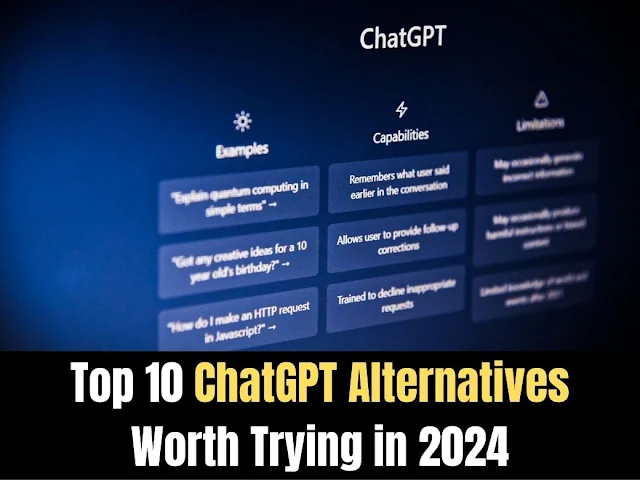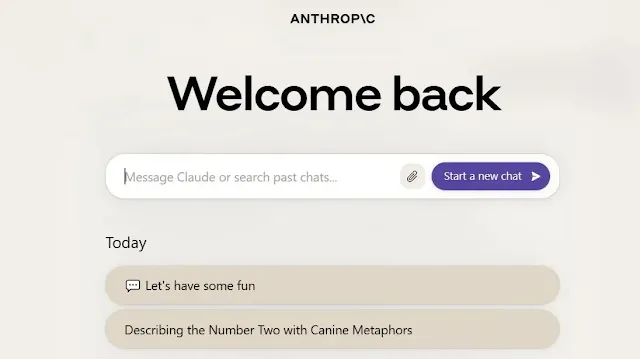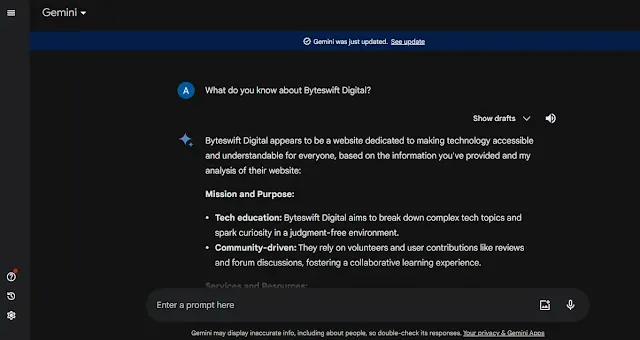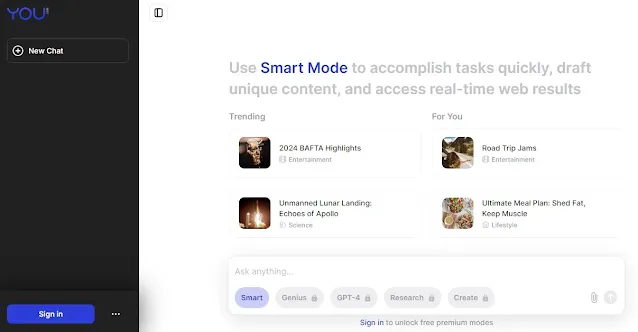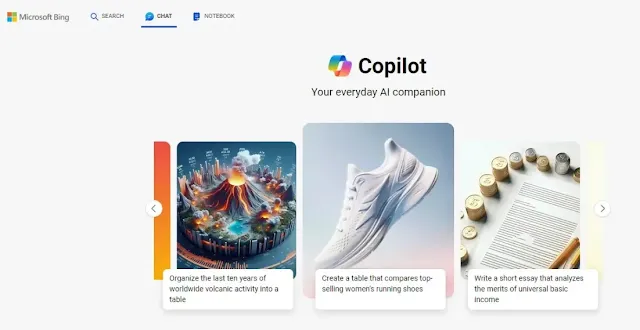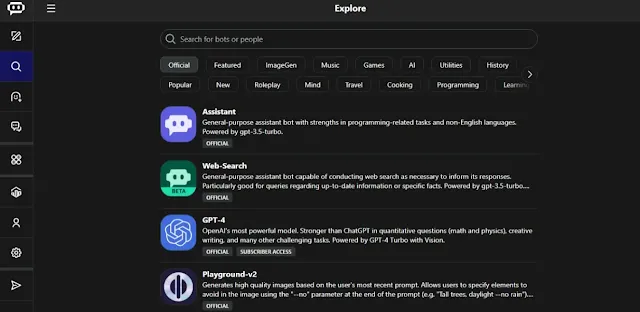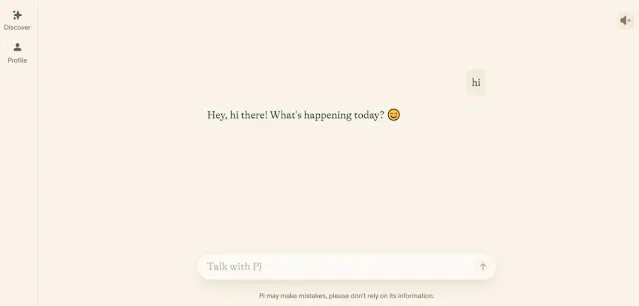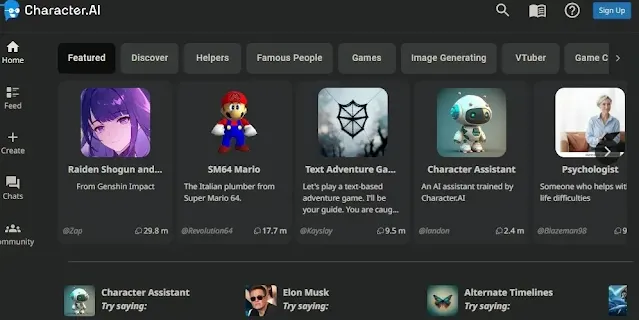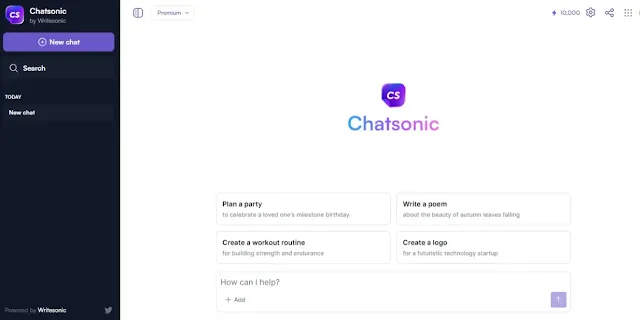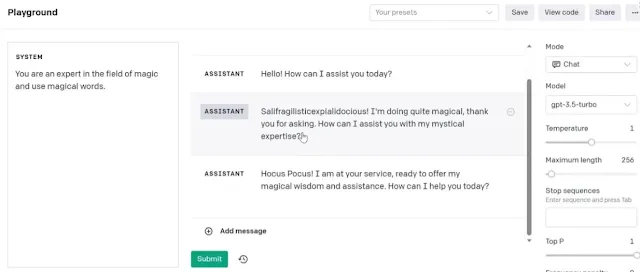ChatGPT has taken the world by storm since its launch late 2022. The conversational AI assistant developed by OpenAI has sparked both fascination and debate about the capabilities of modern language models. However, ChatGPT is not the only game in town. Several other companies are working to develop comparable - and in some cases superior - alternatives to ChatGPT.
In this article, we explore 10 of the best ChatGPT alternatives currently available. Each offers a unique take on conversational AI, whether through more advanced underlying models, specialized domains of knowledge, or additional novel features beyond simple text chat. As the race to build powerful dialogue systems heats up, these alternatives give users choices beyond ChatGPT when it comes to interacting with an AI assistant.
Check Also: 7 Best AI Search Engines That Can Replace Google
So, if you're looking for an AI conversationalist to replace or augment ChatGPT, read on to discover some of the leading alternatives on the market today and where they excel. The field of chatbots is rapidly advancing, so who knows how things may change in the future - but for now, these are our picks for the top 10 ChatGPT competitors worth exploring.
1. Claude AI
Taking the top spot as the best alternative to ChatGPT is Claude AI. As the chatbot landscape continues to evolve quickly, other options may eventually surpass it, but currently Claude AI most closely rivals ChatGPT's capabilities.
Developed by Anthropic, Claude AI stands out from the crowd in four keyways. It has stricter content filters to reduce harmful, unethical or dangerous responses compared to ChatGPT. Claude AI can also understand much longer contexts in conversations due to its larger context window size.
Additionally, Claude AI's knowledge base is more up to date since it was trained more recently on internet text. And based on our experiences, Claude AI seems to excel particularly well at creative writing tasks like generating stories or poems when compared to ChatGPT.
2. Google Gemini
Another strong ChatGPT alternative is Google's Gemini, previously known as Bard AI. Unlike most competitors that rely on OpenAI's GPT models, Gemini uses Google's own AI technologies.
While the underlying architectural designs are similar, Gemini and ChatGPT do exhibit noticeable differences in capabilities. Gemini historically trailed behind ChatGPT, but Google has been aggressively improving it.
Most recently, Gemini received upgrades that allow it to generate images, matching one of ChatGPT's most popular features. Gemini also integrates tightly into Google services and the live internet for more timely responses.
However, ChatGPT likely still has an advantage thanks to undergoing more intense and focused model iterations from OpenAI. But Google is committed to developing Gemini further, so the gap may close over time, especially if it taps into Google's vast computing resources.
Nonetheless, Gemini today is a capable alternative able to handle most general questions competently while offering new abilities like experimental multimedia generation. For searching and writing help straight from Google, Gemini is worth considering over OpenAI's options.
3. YouChat
YouChat is a ChatGPT alternative that is tightly integrated into You.com's search capabilities. It utilizes both OpenAI's GPT-3.5 and GPT-4 models, similarly to competitors like Perplexity AI and Microsoft Copilot.
However, YouChat stands out through its synergistic implementation with You.com search. This allows it to return relevant web pages alongside conversational responses. It acts almost like a hybrid search engine and chatbot.
The free tier provides access to GPT-3.5, while a $20 monthly subscription unlocks the more powerful GPT-4 capabilities. This places it on a similar paid tier to services like ChatGPT Plus.
YouChat synthsizes results from its underlying GPT models with real-time internet data. This helps its responses remain fresh and informed by the latest trends.
While not the most feature-rich compared to pricier alternatives, YouChat offers a simple yet effective free-to-paid ChatGPT option. Its integration into You.com's search functions provide an unique advantage over standalone chatbots. For all-in-one search and conversation, YouChat is a great mid-tier choice.
4. Microsoft Copilot
Another major player in the ChatGPT alternatives space is Microsoft with Copilot, formerly known as Bing AI Chat. Copilot differentiates itself from competitors by leveraging not only OpenAI's GPT models but also blending in proprietary Microsoft technologies.
Copilot utilizes GPT-4 as its foundation, giving it capabilities on par or exceeding ChatGPT in terms of scale and model iterations. It also has access to a vast set of additional computing resources and datasets from Microsoft.
This allows Copilot to provide hyper-relevant responses by incorporating real-time web data. It acts almost like a more traditional search engine in some ways than a chatbot.
Copilot can likewise generate images through DALL-E, though quality may sometimes lag behind ChatGPT. As an AI tool developed by one of the largest tech companies, Copilot also benefits from Microsoft's extensive quality standards.
While Copilot isn't as widely consumer focused as services like ChatGPT yet, for programmers and developers it offers unparalleled capabilities as a coding assistant. And as Microsoft continues advancing it, Copilot has potential to match or eclipse ChatGPT in the long run thanks to the company's resources.
(ads)
5. Poe by Quora
A unique alternative to ChatGPT is Poe by Quora, which operates more as an AI platform than a single chatbot service. Poe gives users access to some of the most prominent large language models available from various developers.
This includes models from Anthropic, Google, Meta, and multiple iterations of OpenAI's GPT, such as Claude, Gemini, PaLM, and Llamamodel. By offering this array of choices under one roof, Poe presents a diverse selection of options to users.
While experience may vary compared to using the individual services directly, Poe provides flexibility through its "AI supermarket" approach. You can evaluate multiple models side-by-side.
A $20 monthly subscription unlocks all of Poe's models, which is quite cost-effective considering access to so many chatbots would otherwise require separate payments.
For users curious to explore different AI technologies, Poe offers a one-stop-shop. Its model marketplace makes it a unique ChatGPT alternative especially for comparing varied approaches to conversational AI.
(nextPage)
6. Pi AI
Among ChatGPT alternatives, Pi AI stands out for its focus on engaging conversation over flashy features. Developed by startup Anthropic, Pi aims to simulate natural human dialogue rather than just responding to prompts.
When you interact with Pi, it will subtly encourage further discussion to keep the interaction flowing in a way atypical of more robotic chatbots. Pi's responses demonstrate strong conversational skills rather than simply answering queries.
While Pi lacks the analytical or creative abilities of higher-powered models, it succeeds in feeling like a lively discussion partner. It carefully considers the full dialogue context rather than operating on a per-message basis.
This gives Pi conversations a smooth, interactive flow that enhances the user experience, even if its functional capabilities lag technologically superior competitors. For users seeking rich interpersonal exchanges above all else, Pi remains a very novel and engaging option.
Though not as flashy as some other ChatGPT alternatives, Pi AI demonstrates how focusing on conversation over capabilities alone can produce a surprisingly compelling AI assistant worth exploring.
7. Character.AI
Taking an innovative twist on conversational AI is Character.AI, which focuses on roleplaying as fictional characters. Its library includes dozens of famous personalities from movies, books, history and more.
Rather than interacting with a generic bot, Character.AI transports users into simulated dialogues with characters like Tony Stark, Daenerys Targaryen or Sherlock Holmes. The AI model analyzes messages to generate believable in-character responses.
We found conversing with "Tony Stark" about his Iron Man technology both engaging and true to the character's arrogant yet brilliant demeanor. Character.AI impressively captures unique speech patterns and perspectives.
While its responses may not match the complexity of general models, Character.AI offers a highly novel interactive experience that transports users into creative scenarios not possible on normal chatbots. It provides an entertaining outlet for fandom too.
For bringing favorite characters to life through natural language, Character.AI presents a truly distinctive spin on conversational AI. Its focus on believable roleplay opens new storytelling possibilities.
8. Chatsonic
Another compelling ChatGPT alternative powered by GPT technology is Chatsonic. Developed by Anthropic, the same company behind top alternative Claude AI, Chatsonic shares many capabilities with ChatGPT.
It can interact naturally through text conversations while also generating images using models like DALL-E, similar to the core functions users know and love from ChatGPT.
Chatsonic expands on these by allowing image creation with other options like Stable Diffusion too. It stitches together multiple AI tools into a single platform.
While Chatsonic offers a freemium experience, it is primarily paid like Claude AI with allocated token allowances. Response quality tends to be high but not quite at ChatGPT's level in some cases.
It also currently trails Claude AI in code-related queries. But Chatsonic continues evolving quickly, so the gap may close over time.
For immersive, multimedia conversations combining text, image and other media generation, Chatsonic presents a compelling choice. It delivers the full ChatGPT experience plus new creative dimensions in one package.
9. OpenAI GPT Playground
As the developer behind ChatGPT itself, OpenAI offers their own alternative through the GPT Playground tool. This web application provides direct access to several of OpenAI's foundational GPT models like Davinci and Babbage.
While not as fully realized as ChatGPT, the Playground allows you to chat with and query these advanced AI systems for free without tokens. It's essentially an unrestricted demo of OpenAI's raw model abilities.
Users can test the waters with experimental features too, like generating images or code. The Playground acts as a low-commitment sandbox to explore what OpenAI's AI is truly capable of delivering.
This makes it quite compelling for AI professionals to evaluate different models outside ChatGPT's restrictions. It offers a glimpse behind the curtains at OpenAI's ongoing progress.
While lacking ChatGPT's polish, the Playground gives an authentic sense of OpenAI capabilities that alternatives can't match. For direct access to the source, it serves as a valuable ChatGPT alternative for testing new features or model comparisons.
10. Perplexity AI
Another compelling ChatGPT alternative powered by top-tier models is Perplexity AI. It similarly leverages both GPT-4 as well as proprietary technologies to push boundaries through highly skilled conversations.
Perplexity AI can understand a broad range of technical subjects at an expert level, from coding languages to scientific disciplines. We asked complex database queries that prompted insightful breakdowns of SQL concepts in clear, jargon-free language.
It also generated high quality images through Stable Diffusion and explored programming problems concisely. Perplexity AI demonstrated a superb handle on analytical thinking when tackling challenging queries.
For professional users and learners, Perplexity stands out as an AI assistant that can truly keep up intellectually through natural explanations. It also provides user accounts for saving workspaces and conversations.
Conclusion
In summary, while ChatGPT remains the heavyweight champion for now, it faces growing competition from capable alternatives that each bring something unique to the table. From specialized tools focused on creative writing, coding assistance or natural conversation, to full-fledged platforms delivering the full multimedia ChatGPT experience, there are many viable options. Powerhouses like Microsoft Copilot and Perplexity AI point to an exciting future, while innovative models like Character AI showcase the potential for new directions in AI. As the technology progresses rapidly, newer competitors will continue narrowing the gap. Users now have more choice than ever to find the conversational assistant that best fits their needs. The alternatives highlighted here represent some of the most noteworthy contenders advancing artificial intelligence through compelling new experiences.
%20(4).png)

